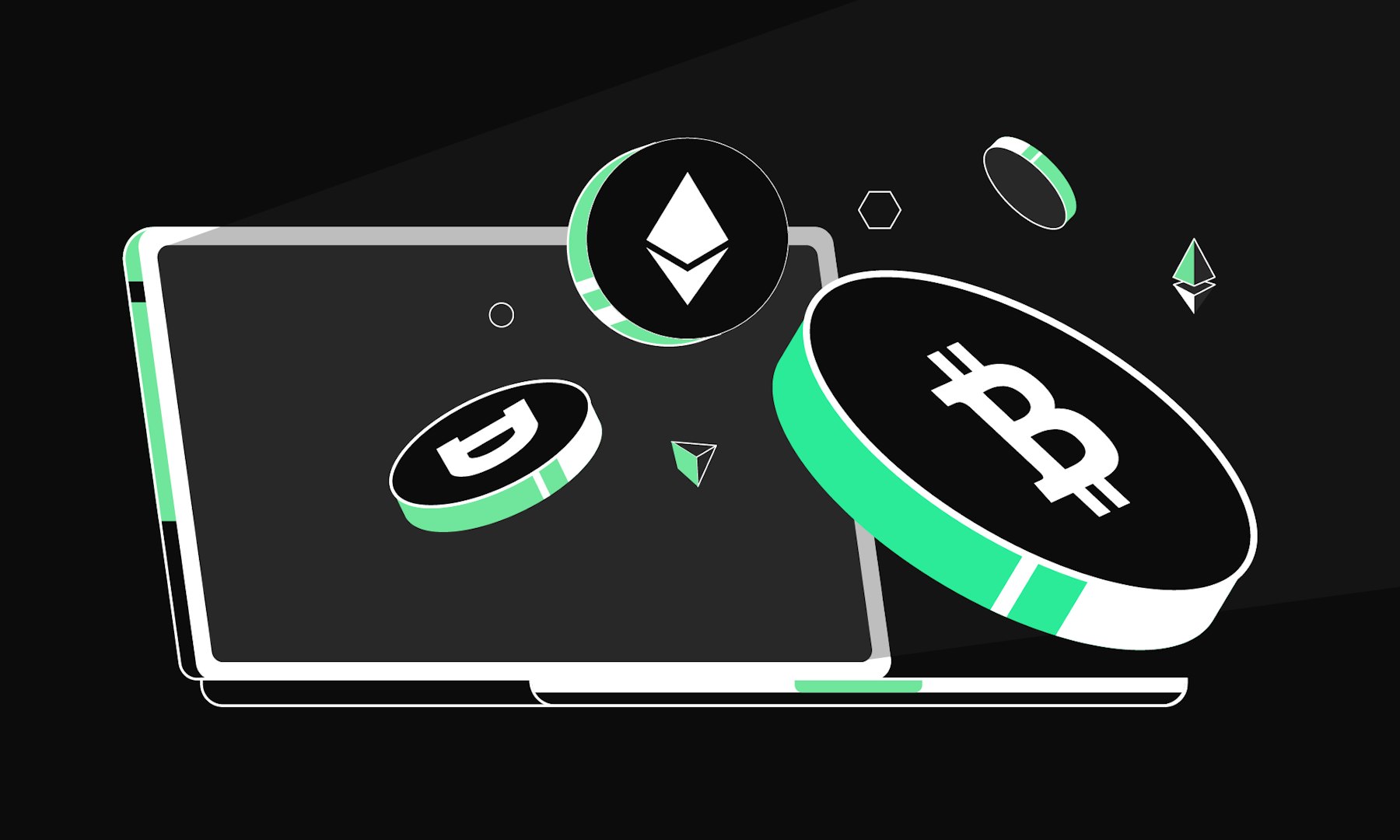Definition: what is a non-custodial wallet?
A non-custodial wallet, in English "wallet without third-party custody", is a digital wallet for cryptocurrencies where only the user has access to the private keys and therefore to the stored tokens or coins.
The key point of non-custodial wallets is personal responsibility. They offer a high level of independence but also require users to securely back up their access data – especially the seed phrase. If it's lost, access to the wallet and the cryptocurrencies it contains is permanently lost. It’s no surprise that "non-custodial wallet" essentially means: a wallet where you act as your own provider. You can store your digital money yourself – without a central authority in between. This type of wallet represents decentralised usage, high security standards and the principle that only the holder of the keys is also the holder of the tokens.
How does a non-custodial wallet work?
A non-custodial wallet works by processing transactions directly on the blockchain without a provider acting as a middleman.
The basic operation can be summarised in a few steps:
Key pair creation: A public key for receiving and a private key for accessing cryptocurrencies like Bitcoin are created during setup
Private key storage: The private key is stored locally on the user's device and never leaves it
Seed phrase: Twelve or twenty-four recovery words serve as a backup for the private key
Signing transactions: You use the private key to sign transactions, confirming that you're the holder of the coins or tokens
Blockchain communication: The wallet interacts directly with the relevant blockchain to validate transactions
No central authority: There's no entity that can grant or restrict access
User responsibility: Security and access are entirely the user’s responsibility
You can find out more about public and private keys in our guide.
What types of non-custodial wallets are there?
There are various types of non-custodial wallets, mainly differing in their intended use and level of internet connectivity. The most important are non-custodial hot wallets for daily use and non-custodial cold wallets for long-term storage, though not all cold wallets – such as hardware wallets – are considered classic non-custodial wallets.
Common types include:
Non-custodial hot wallet: Wallets with internet access that allow quick access to cryptocurrencies like Bitcoin – ideal for everyday use
Non-custodial software wallet: Apps or programmes where you store your private keys yourself – commonly used on smartphones or desktops
Mobile wallets: Hot wallets as smartphone apps, focused on ease of use and on-the-go access
Desktop wallets: Software wallets on a computer, offering more security than mobile wallets but requiring more backup effort
Browser-based wallets: Extensions that run directly in web browsers, especially suited for accessing decentralised applications (DApps)
Non-custodial cold wallet: Wallets used offline, e.g. on a separate device or air-gapped computer
Note: Hardware wallets like Ledger are generally not seen as classic non-custodial wallets because they operate offline and are mainly intended for cold storage – for secure, long-term storage of your currency rather than for daily transactions.
Advantages and disadvantages of non-custodial wallets
Non-custodial wallets offer great benefits like independence, but they also come with drawbacks. Here's an overview:
Advantages:
The user stores their keys themselves and always has access to their money
No dependence on third-party providers or centralised platforms
Higher protection against theft from hacked exchanges
Particularly suited to experienced users and long-term storage of Bitcoin and other cryptocurrencies
Disadvantages:
You're solely responsible for the security of your wallet
Usage may be more complex for beginners compared to custodial solutions
Mistakes during use, e.g. when handling DApps, can lead directly to losses
You're fully aware of your wallet’s pros and cons and know exactly how your cryptocurrencies and other assets are performing? Already experienced with crypto trading and want to take your strategy further? Then check out Bitpanda Fusion – our platform for advanced traders. It gives you maximum flexibility with trading volume and frequency, has no transaction fees and offers tools like real-time charts and instant upgrades. This lets you develop your trading without compromising on security or performance.
